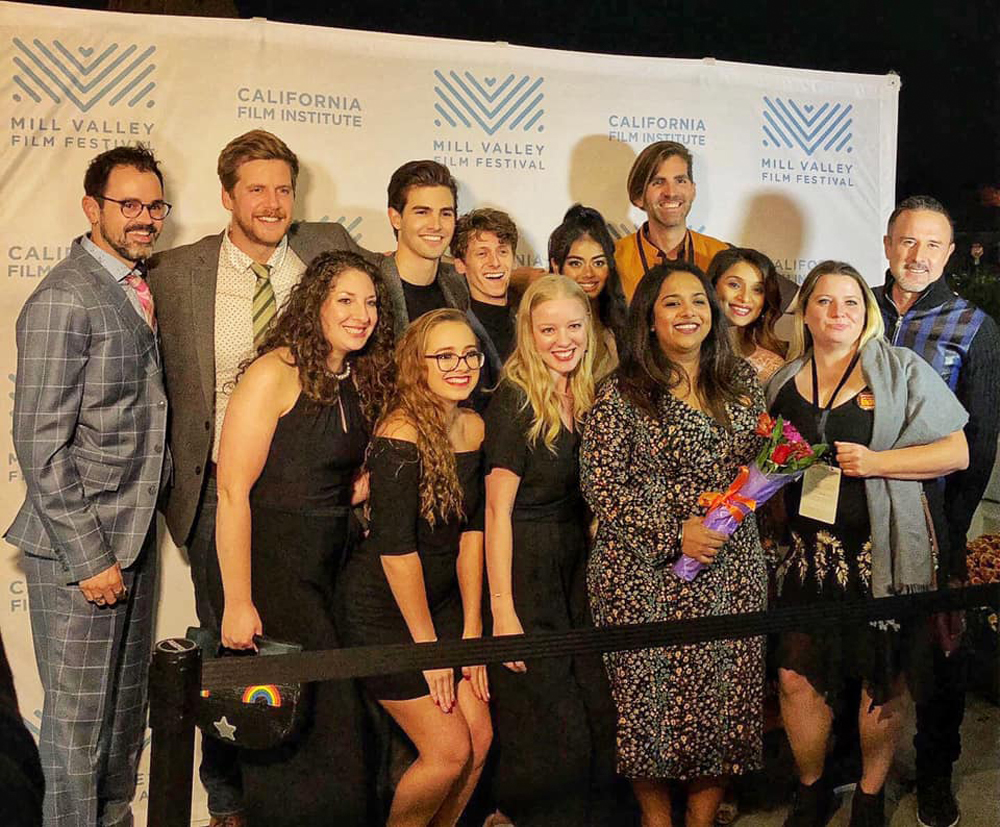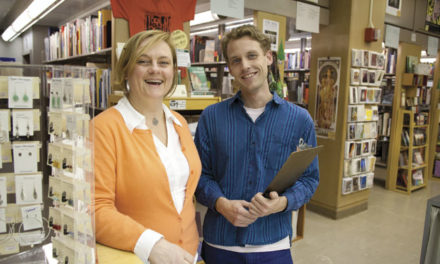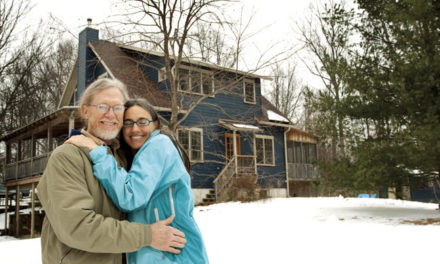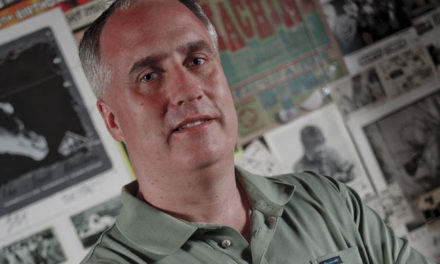
by CARMEN SIERING
This year, four films with Bloomington ties were shown at The Heartland International Film Festival, which was held October 10–20 in Indianapolis. They were:
• Rev. Marvin Chandler: Open To the Moment
• The Music Makers of Gennett Records
• Ms. White Light
• The MisEducation of Bindu
Local historian Elizabeth Mitchell was a producer on the documentary about Rev. Marvin Chandler, a piano prodigy who was born in Bloomington. The Music Makers of Gennett Records was produced by WTIU for Indiana Public Media. Bloomington-based film company Pigasus Pictures produced Ms. White Light, which was filmed in Bloomington, and co-produced The MisEducation of Bindu, which won the festival’s Indiana Spotlight Award.
Sean Starowitz, assistant director of the arts for the City of Bloomington, says the growth of Pigasus—which has now produced three feature films and four short films—is a signal to other filmmakers that filming in southern Indiana is a smart move.
“What they are doing is building an arts ecosystem,” Starowitz says. “A film isn’t just a good writer and a director. You have people scouting locations, people building sets. There is a lot that goes into it.”

Pigasus producer and chief operating officer John Armstrong agrees. “We’ve seen the value of committing to a community,” Armstrong says. “Every time you start a film, it’s like starting a new business. Once people know you’re here to stay, they’re more willing to help you out.”
One constant problem for independent filmmakers like Pigasus is funding. “We’ve tapped all the investors we can,” Armstrong says. “We’ve bootstrapped it that way. But that pool is finite.” The answer, he says, is for the state to offer incentives for filming here. “It would be a complete game changer for filmmakers in Indiana.”
A state tax incentive has been pushed for several years. Armstrong says when it was first introduced, it was a nonstarter, but he now feels confident a bill will be carried forward in the coming legislative session. “And we’re going to be there, ready to capitalize on it, as soon as the ink hits the paper,” he says.
Starowitz also thinks a state tax incentive would help, but doesn’t see it as a film deal breaker, especially considering Bloomington’s showing at Heartland this year.
“If we don’t have state investment, it will be slow, but we will still have more films made, especially in southern Indiana,” Starowitz says. “Bloomington has an amazing advantage—we have an amazing art and culture scene, plus good schools and a reasonable cost of living. But if we want it to be a bigger thing, then the state has to step up. That’s the significant piece.”











